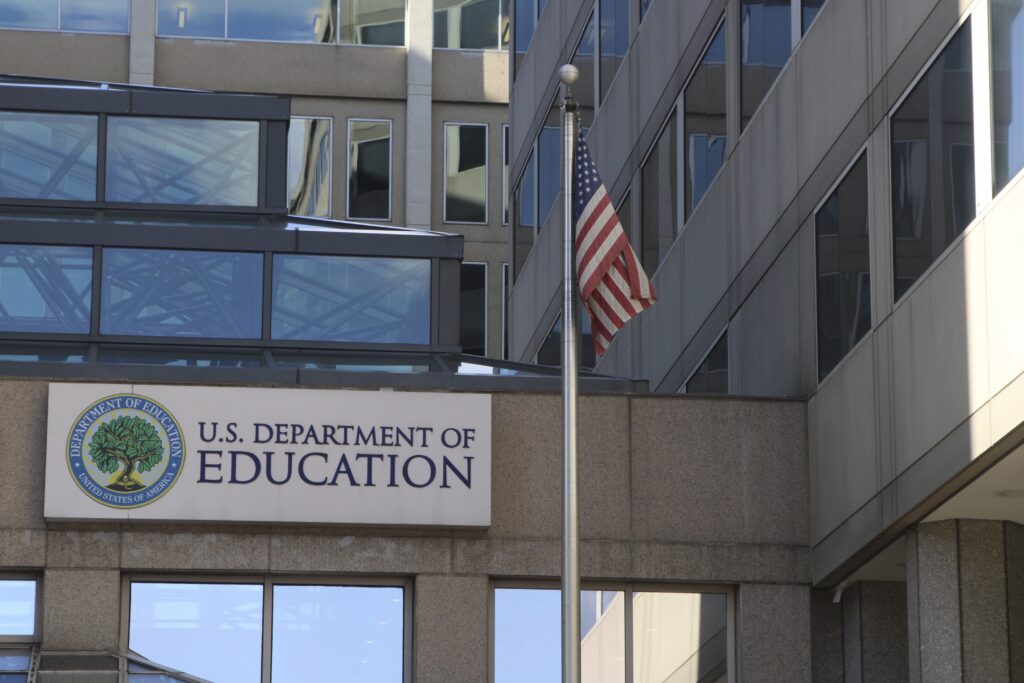The New York Times published a leaked plan to reorganize the Trump State Department; Rubio disowned it. Its goal is to align the State Department and foreign policy with Trump’s “America First” agenda. It’s a very scary vision of Fortress America, cut off from the rest of the world, with no concern for democracy, climate change, human rights, or Africa.
The Times reported:
A draft of a Trump administration executive order proposes a drastic restructuring of the State Department, including eliminating almost all of its Africa operations and shutting down embassies and consulates across the continent.
The draft also calls for cutting offices at State Department headquarters that address climate change and refugee issues, as well as democracy and human rights concerns.
The purpose of the executive order, which could be signed soon by President Trump, is to impose “a disciplined reorganization” of the State Department and “streamline mission delivery” while cutting “waste, fraud and abuse,” according to a copy of the 16-page draft order obtained by The New York Times. The department is supposed to make the changes by Oct. 1.
Some of the proposed changes outlined in the draft document would require congressional notification and no doubt be challenged by lawmakers, including mass closures of diplomatic missions and headquarters bureaus, as well as an overhaul of the diplomatic corps. Substantial parts of it, if officials tried to enact them, would likely face lawsuits.
Elements of the executive order could change before final White House review or before Mr. Trump signs it, if he decides to do so. Neither the State Department nor the White House National Security Council had immediate comment on the draft order early Sunday.
Secretary of State Marco Rubio wrote a short comment on social media after this article was published calling it “fake news…”
Major structural changes to the State Department would be accompanied by efforts to lay off both career diplomats, known as foreign service officers, and civil service employees, who usually work in the department’s headquarters in Washington, said current and former U.S. officials familiar with the plans. The department would begin putting large numbers of workers on paid leave and sending out notices of termination, they said.
The draft executive order calls for ending the foreign service exam for aspiring diplomats, and it lays out new criteria for hiring, including “alignment with the president’s foreign policy vision.”
The draft says the department must greatly expand its use of artificial intelligence to help draft documents, and to undertake “policy development and review” and “operational planning.”
The proposed reorganization would get rid of regional bureaus that help make and enact policy in large parts of the globe.
Instead, the draft says, those functions would fall under four “corps”: Eurasia Corps, consisting of Europe, Russia and Central Asia; Mid-East Corps, consisting of Arab nations, Iran, Pakistan and Afghanistan; Latin America Corps, consisting of Central America, South America and the Caribbean; and Indo-Pacific Corps, consisting of East Asia, Southeast Asia, India, Bangladesh, Sri Lanka, Nepal, Bhutan and the Maldives.
One of the most drastic proposed changes would be eliminating the bureau of African affairs, which oversees policy in sub-Saharan Africa. It would be replaced by a much smaller special envoy office for African affairs that would report to the White House National Security Council. The office would focus on a handful of issues, including “coordinated counterterrorism operations” and “strategic extraction and trade of critical natural resources.”
The draft also said all “nonessential” embassies and consulates in sub-Saharan Africa would be closed by Oct. 1. Diplomats would be sent to Africa on “targeted, mission-driven deployments,” the document said.
Canada operations would be put into a new North American affairs office under Mr. Rubio’s authority, and it would be run by a “significantly reduced team,” the draft said. The department would also severely shrink the U.S. embassy in Ottawa.


